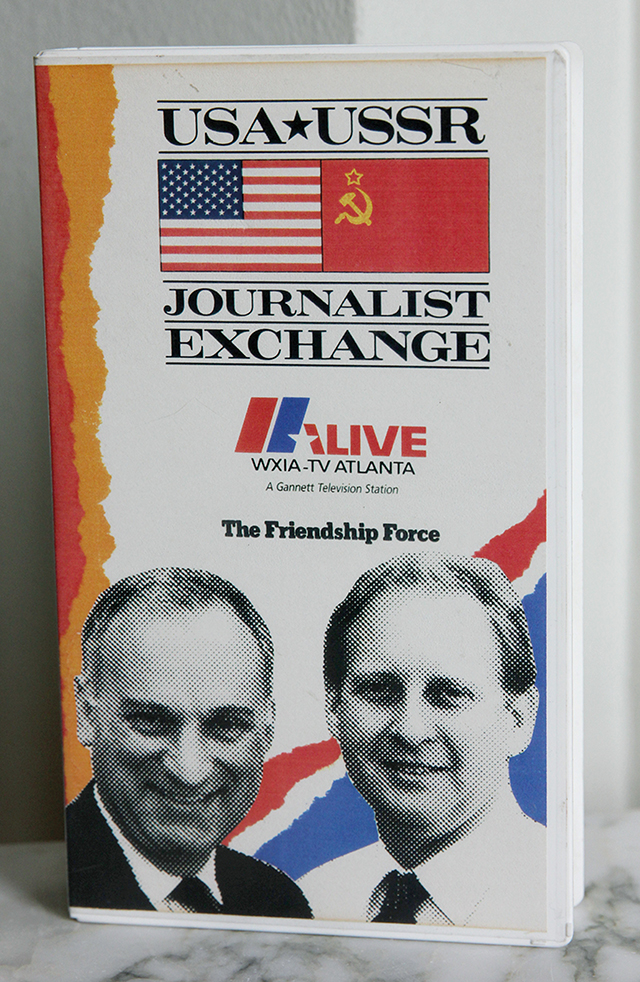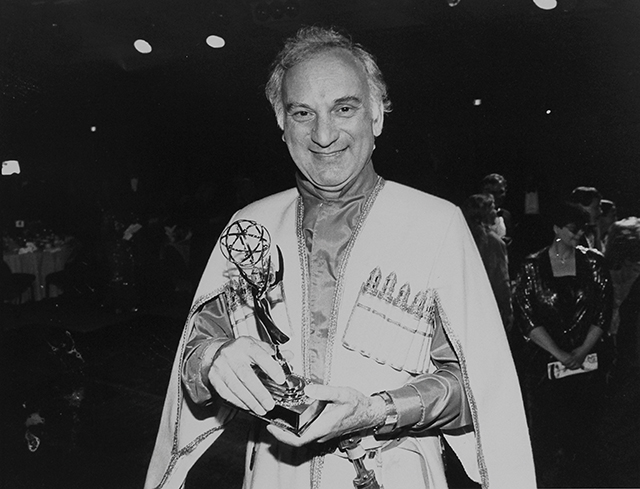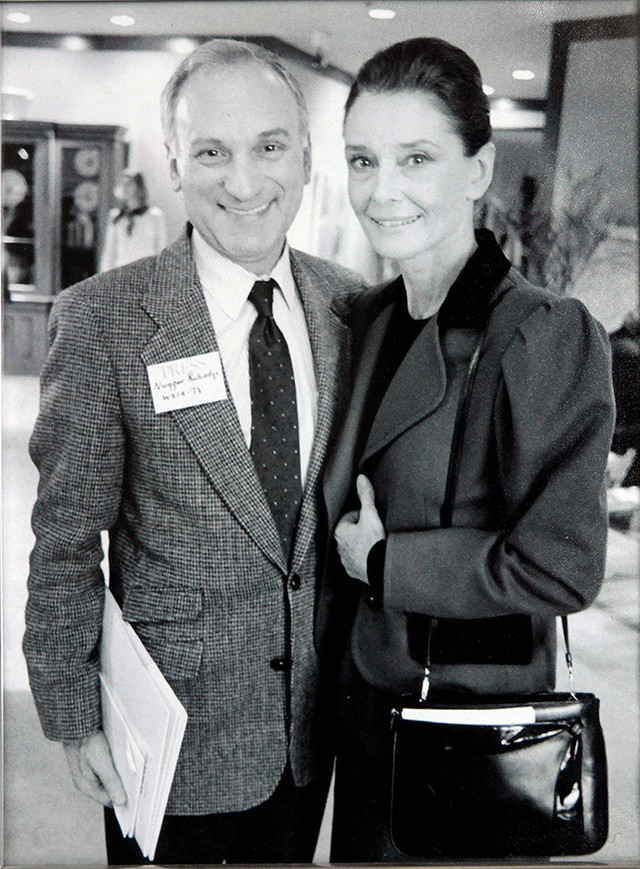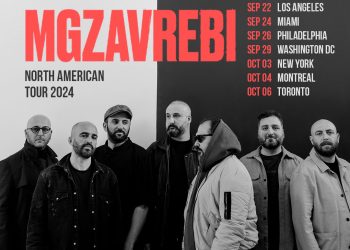I spoke to the public on many occasions when I was working for WXIA-TV-Atlanta in Georgia, USA, the audiences being between 500 to 1000 persons strong, if not more. I used to face the American public in baseball and football stadiums, saying nothing about my own television vignettes, aired several times a day. The popularity that came to me right out of the blue in the States was absolutely unbelievable. My job in America was to tell Americans on the TV what I, the soviet journalist from overseas Georgia, thought about the American way of life. Yes, the Americans wanted to listen to that, they definitely did. On top of my frequent appearances on television, I also went on the air on NBC, CNN and other networks.

Another part of my activity in America was talking live to people at schools and colleges, health centers and hospitals, parks and other recreational venues, theaters, hotel halls, conferences, parties and various other get-togethers. The most popular topics of my encounters with the American people were the Soviet life style in general, and our Georgian means and ways in particular. I would always start my appearance in front of the audience with the unique Georgian language, spoken only by several million people and sounding unlike any other language in the world. First and utmost, I would emphasize the uniqueness of the Georgian ABC, one of the fourteen functioning alphabets on the planet among the spoken five thousand tongues. I would show them graphically what the Georgian letters looked like, and I would necessarily underline its outstanding phonetic nature, with 33 characters and precisely corresponding 33 sounds. Americans literally envied us Georgians for possessing such a phonetically perfected language, whereas they are compelled to use only 26 letters to graphically describe the 44 sounds functioning in the English language. The comparison was utterly shocking, especially when I told them that I had read Tom Sawyer and Huckleberry Finn in the Georgian language in my childhood.

After the stun that I’d trigger in the room, I would go ahead and speak about the Georgian people having adopted Christianity at the beginning of the fourth century A.D., i.e. six hundred years earlier than the Russians did. The third bombshell would be the story of our amazing polyphonic folk singing and the outstanding Georgian choreography, recognized as one of the best on earth, and finally, of course, the fact that we Georgians were not Russians, but a nation with a totally different ethnic origin and cultural history.

When I felt that the audience was completely tamed under the spell of my outlandish story-telling manner and content, I would start talking about the Georgian ancient viticulture and tens of different sorts of wonderful vintage wines, adding to it the fact that Georgia is the birthplace of wine-making, cultivating about 500 different sorts of vines in our divinely fertile lands.
My excited narration would continue for more than two hours at a time, and nobody would even show any sign of tiredness. My report would contain information on many various issues, reflecting Georgia’s culture and the history of its genesis, including things like the Georgian literature, counting 1500 years, necessarily mentioning the great epic ‘The Knight in a Panther’s Skin’ by Shota Rustaveli, the most radiant banner of oriental renaissance of the early medieval period. I’d also mention the early human fossils, dubbed Homo Georgicus, found in Georgia and named Mzia and Zezva – the first Europeans, challenging the conventional view that Africa is the sole cradle of humankind.

Georgia is one of oldest places of gold mining and production in history, as well as the motherland of the oldest thread spinning. It has been proven that the first thread was spun in western Georgia 3400 years ago. Georgia is also the birthplace of metallurgy and the first metal weaponry. The world knows only 27 sorts of wheat, of which 14 are of purely Georgian origin. Not to forget the outstanding Georgian national cuisine, famous for its taste values and nutritional qualities, which makes gastronomic tourism here one of the best pastimes. 1000 different kinds of mineral water splash out from the depths of the water-rich Georgian soil. The Earth knows only 47 kinds of natural soils, and out of this number, 44 are found in the amazing land of Georgia. Flora experts have proved that there are 4200 species of plants found on Georgia’s territory, 22% of which are considered to be endemic.
One can hardly name a place like Georgia on earth where a desert, rainforest, seashore and a mountain capped with eternal snows can be found all in one place. Even an exceptional dessert like Churchkhela, made of walnuts strung on thread and then dipped into a thick substance made of grape juice and flour, is worth coming to Georgia and tasting. The five-cross Georgian flag dates back to the 13th century and it is the second oldest in the world after the Danish flag.
This is only a short list of good things that a tourist might want to know about Georgia. The rest you’ll discover when you visit!
Blog by Nugzar B. Ruhadze













